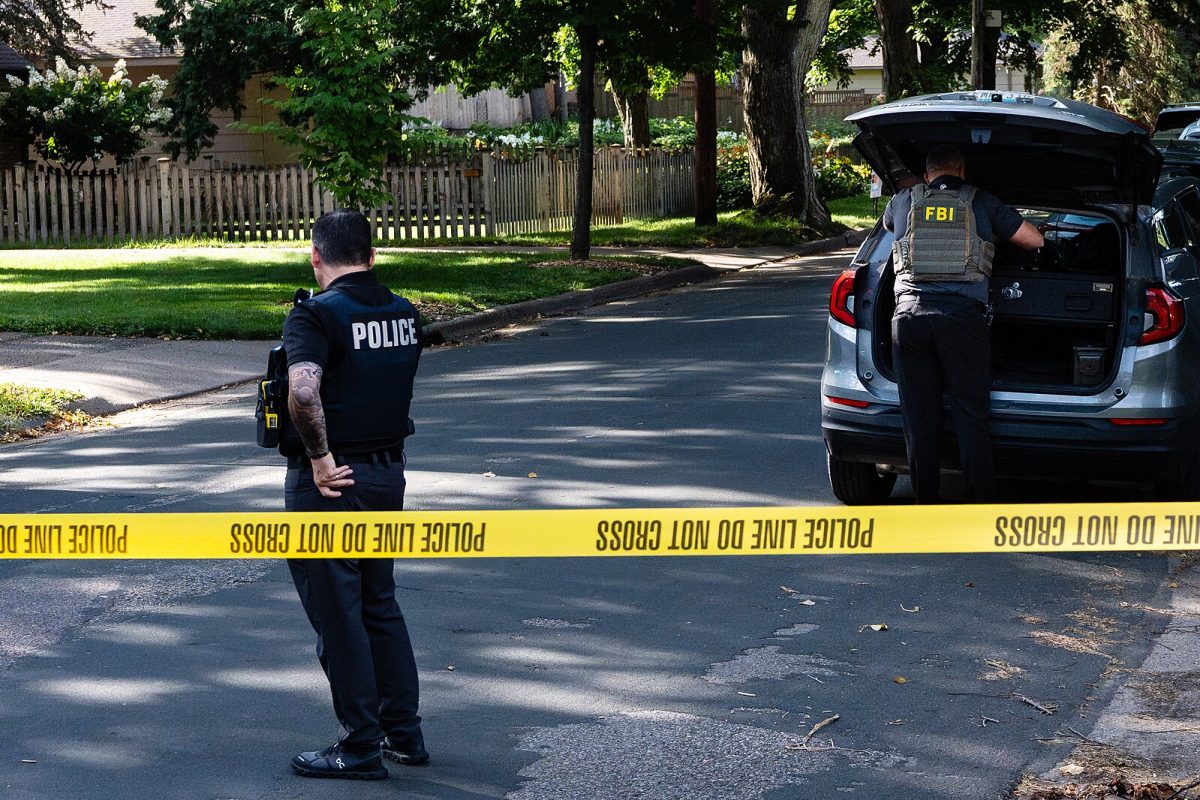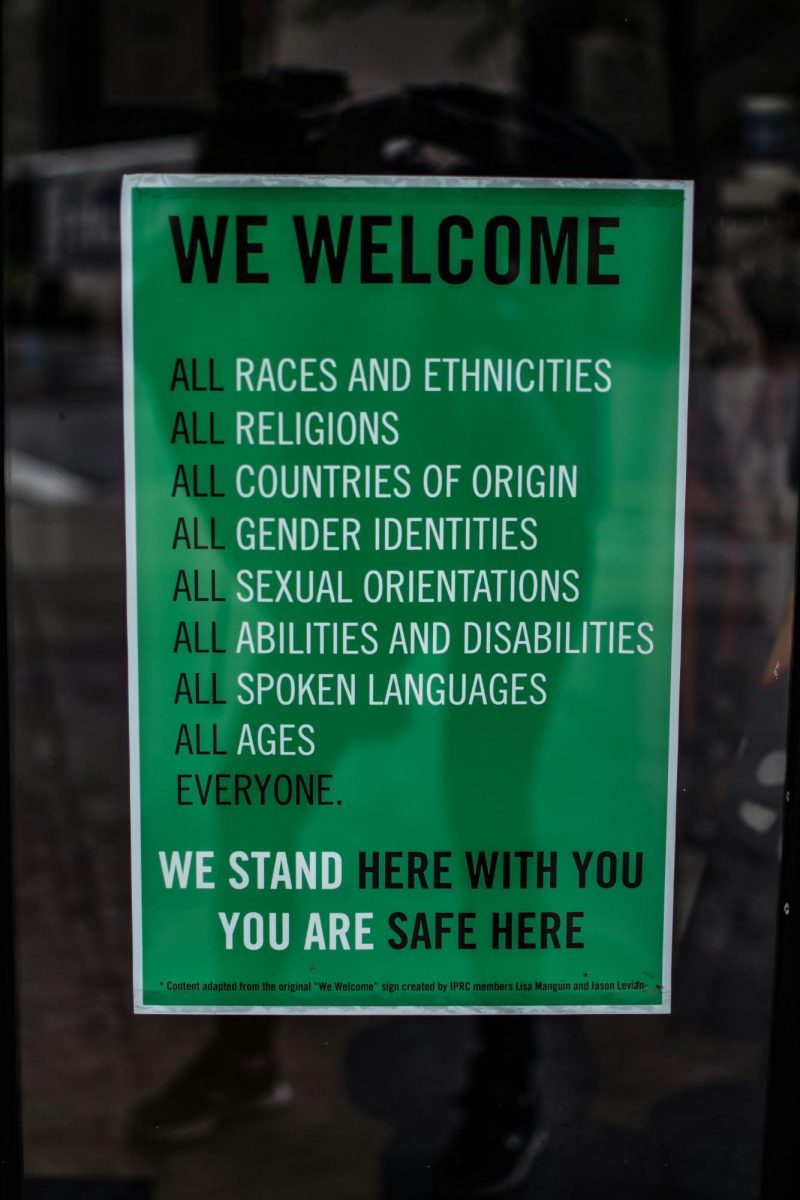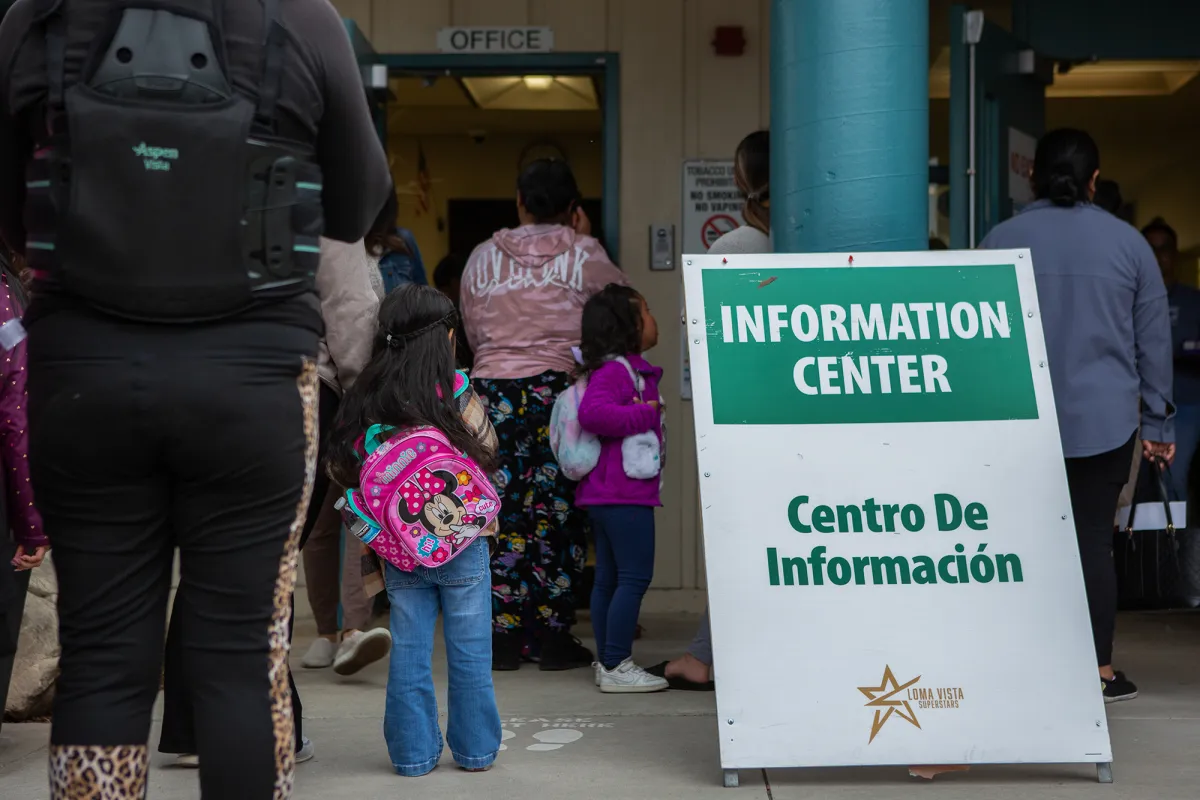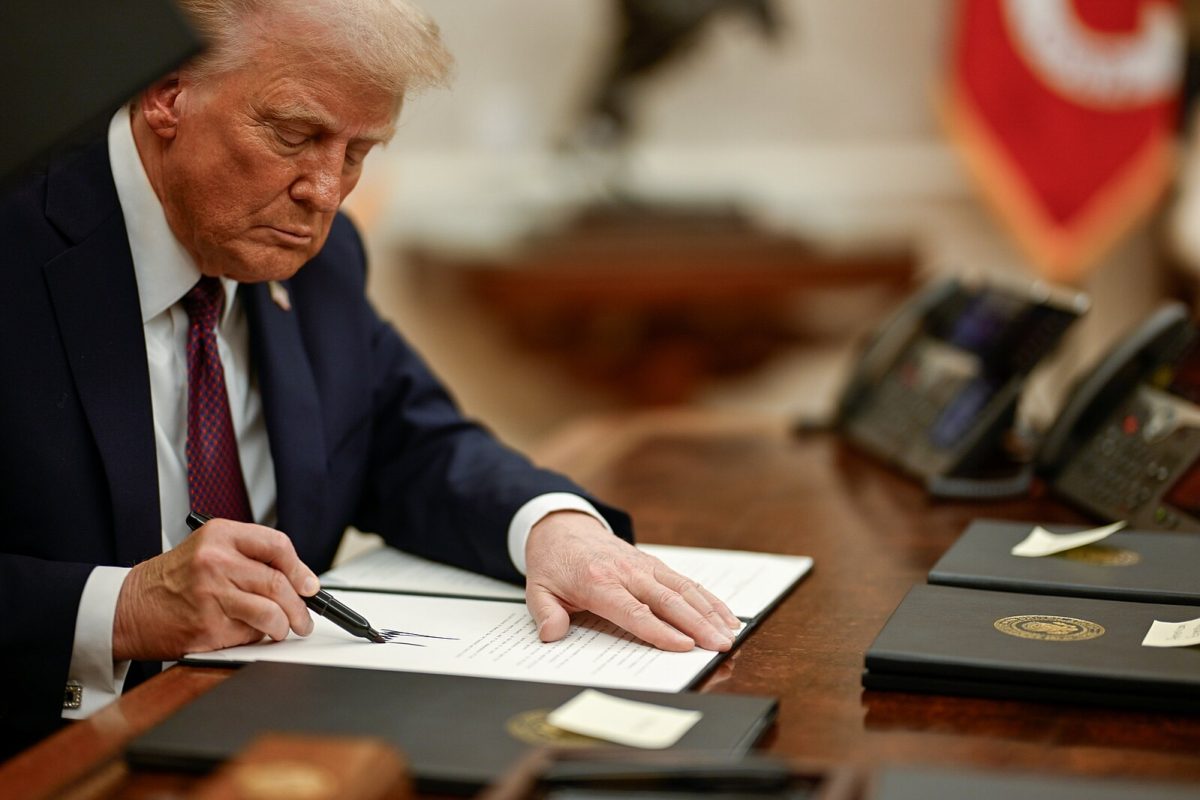Amid the extensive series of widely-reported executive orders, deployment of federal forces into American cities, ICE raids, and economic legislation carried out throughout the last eight months of this new presidency, the Trump administration managed to conduct its actions far more inconspicuously: they reached two successful university settlements, one with Brown University on July 23rd and another with Columbia University on July 30th. These settlements marked an end to the lawsuits detailing allegations that these Ivy Leagues upheld policies that were discriminatory towards Jewish students, were conducting Diversity, Equity, and Inclusion (DEI) admissions practices that were violative of federal law, and that Brown University was providing gender affirming care to minors.
Regarding their alleged DEI admissions practices, the settlements require that for the upcoming admissions pool, both Brown and Columbia submit anonymous applicant data, including standardized test scores, grade-point averages, and racial identity, to the administration. They also prohibit university admissions from considering essays written through ‘a racial lens’ or encompassing a student’s overcoming of racial adversity as a component for admission.
According to their July 30th Fact Sheet: President Donald J. Trump Secures Major Settlement with Brown University, the administration states that with this settlement, “Brown will not engage in unlawful racial discrimination in admissions or university programming. Brown will provide access to all relevant data and information to rigorously assess compliance with its commitment to merit-based admissions.” Furthermore, on a Truth Social post uploaded the same day, President Trump posted, “Woke is officially DEAD at Brown”.
Through these efforts, the administration has seemingly implied that a distinct separation exists between academic achievement and diversity, ultimately reflecting a desire for a proposed system of meritocracy in educational institutions. Overall, these executive actions reflect the administration’s broader efforts to eliminate Diversity, Equity, and Inclusion policies and the legacy of previous Affirmative Action efforts, all of which they deem to be discriminatory.
However, DEI and previous Affirmative Action programs have historically been known to ensure an environment of inclusion and equal opportunity across American institutions as opposed to systemic discrimination. Specifically, DEI programs were created to promote representation, empathy, and belonging across cultures, ultimately intending to bridge the opportunity gap between students from marginalized and underserved communities and those from historically and systemically privileged communities. In addition, Affirmative Action policies, although overturned by the Supreme Court in 2023, worked to promote further diversity in education and the workforce by ensuring that individuals were not discriminated against based on gender or ethnicity. With the historical impact of these programs and the current administration’s persistent actions to eliminate them, many people, including those from the O’Dowd community, have expressed alternative views.
“As an educator who was a counselor for college admissions for many years, as a teacher, it’s totally disheartening just to think that some of the hardest working, most resilient people I’ve ever met, wouldn’t have a place,” said Mondo Diaz, the Director of Equity & Belonging at the school, who also used to work as a college admissions counselor.
“On a personal level, as someone who was able to go to college because of these kinds of considerations and programs, I was what was called an EOP student, and was given many opportunities to attend university as a scholarship kid”.
An ‘EOP student’, or a student admitted into an institution’s Educational Opportunity Program, is typically a student coming from a historically low-income or disadvantaged background who, following their admission into the program, is provided with educational support services and admissions assistance to flourish throughout the college admissions process. In nature, the Educational Opportunity Program is fundamentally connected to DEI.
“I find it very hard to untangle the idea of diversity from merit in the sense that some people just never had the chance to start at the start line, and life circumstances are completely out of their control,” said Diaz, when speaking on the coexistence of diversity and merit in higher education. “Folks that had a chance to start at that line, not only had the fundamental resources and opportunities to flourish, but also had a broad safety net just in case”.
Mr. Diaz’s statement alludes to the idea that a difference in socio-economic class, much of which contributes to the diversity of schools, doesn’t necessarily discount the merit of an individual, but often, without established systems of support like DEI, makes one’s access to education all the more difficult compared to their upper-middle-class and wealthy counterparts.
As seniors of color at O’Dowd apply to universities, these new executive changes could lead to a deepened sense of applicant anxiety amid an already emotionally taxing college application process.
Amaya Deflorimonte, a Black student at O’Dowd, expressed her concern with the administration’s recent actions, stating, “It’s really demoralizing and really hurtful…I understand why they would want to implement it because they think we have an advantage or we’re just getting it because we’re students of color, but that’s just inherently saying that we’re not smart or good enough to be able to go to those schools…I feel like diversity is needed in schools just because it brings in new perspectives. If the entire student body is white, I feel like it doesn’t represent the country as a whole or society as a whole.”
As the administration’s conflict with diversity and merit in higher education persists, one could choose to establish their own, evidence-based findings on this prevalent matter. Venture throughout the halls of O’Dowd, tune into school assemblies, or even pop into one of the many clubs during Office Hours, and you might notice, just subtly, the coexistence of merit and diversity in our school community.








